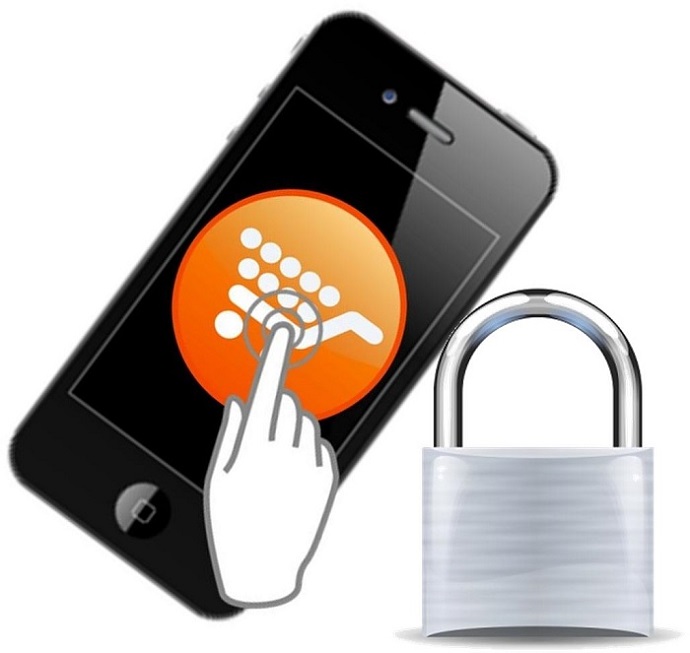Consumers are slow to warm to the mobile commerce space
Mobile transactions are slated to see strong growth in the United States this year, but the mobile commerce space may be facing significant challenges that could be difficult to overcome. A recent study from eCash shows that approximately on 20.7% of people in the United States make use of the new Apple Pay service. Other services may be popular among consumers as they have been around longer, but many consumers may simply be uninterested in mobile payment services, largely due to security concerns.
Apple Pay users do not frequently use the service to make purchases
Of those using Apple Pay, approximately 56% use it only once a week. Another 15.3% say they have never used the service. While consumers consider mobile payments to be convenient, there are numerous reasons why they are not using their mobile devices to purchase products. Security may be the most significant concern that consumers have as the mobile commerce space has become a target for malicious groups that want to exploit consumer information for their own gain.
Security remains the greatest concern among consumers
 Security is the biggest barrier preventing consumers from using mobile payment services. According to a report from eMarketer, 57% of Internet users in the United States cited security concerns as the main reason they did not use mobile wallets. Another 62% of smartphone owners in the country said that they do not plan to use mobile wallets because of worries regarding the security of their information.
Security is the biggest barrier preventing consumers from using mobile payment services. According to a report from eMarketer, 57% of Internet users in the United States cited security concerns as the main reason they did not use mobile wallets. Another 62% of smartphone owners in the country said that they do not plan to use mobile wallets because of worries regarding the security of their information.
Lack of a global standard slows the adoption of mobile payments among consumers throughout the world
Security is not the only problem facing the mobile commerce space. Currently, there is no global standard governing the mobile payments space. There are no common interfaces that makes mobile commerce universally recognizable among consumers. Once a global standard is set, however, it will allow consumers to use any application to shop online and in physical stores, using their devices to make purchases that they are interested in.
The marketplace and technology giant is bringing encryption back after considerable consumer upset.
Amazon.com has now announced that it will be returning its encryption mobile security feature to its Fire tablets following complaints and upset from privacy advocates and customers that accused the massive online marketplace of quietly slipping the security option off the devices with its latest operating system release.
A spokesperson for the company promised that the feature would be returned to the OS in the spring.
Robin Handaly, spokesperson for Amazon.com, explained that “We will return the option for full-disk encryption with a Fire OS update coming this spring.” The decision to remove the encryption component of the Fire operating system’s mobile security fell into the spotlight quite suddenly this week. Amazon explained that the feature had been removed in one of its Fire OS versions that first started shipping in the fall of 2015 because there weren’t many customers who had used it in previous versions.
This mobile security feature scramble’s the device data so it is accessible only to someone who has entered a password.
 The encryption feature was built into previous versions of the Fire operating system and blocked access to the contents of the device to anyone who did not know the correct password. According to Bruce Schneier, a widely recognized cryptologist, Amazon’s choice to take down this encryption was “stupid.” Schneier was one of the large number of people and groups who were public about their criticism of Amazon’s removal of the encryption security and who publicly requested that the company bring it back.
The encryption feature was built into previous versions of the Fire operating system and blocked access to the contents of the device to anyone who did not know the correct password. According to Bruce Schneier, a widely recognized cryptologist, Amazon’s choice to take down this encryption was “stupid.” Schneier was one of the large number of people and groups who were public about their criticism of Amazon’s removal of the encryption security and who publicly requested that the company bring it back.
Amazon isn’t the only one that has been caught up in struggles with regards to mobile device security. Apple has also been facing several legal battles with regards to whether or not they should be required to unlock iPhones involved in criminal cases, including the case involving Rizwan Farook, one of the San Bernardino shooters.
This week, Amazon.com joined many other large tech companies when it added its signature to a court brief that was created to encourage a federal judge would take Apple’s side and not require that company to write code that would break through the mobile security of the iPhone used by Farook.
 Security is the biggest barrier preventing consumers from using mobile payment services. According to a report from eMarketer, 57% of Internet users in the United States cited security concerns as the main reason they did not use mobile wallets. Another 62% of smartphone owners in the country said that they do not plan to use mobile wallets because of worries regarding the security of their information.
Security is the biggest barrier preventing consumers from using mobile payment services. According to a report from eMarketer, 57% of Internet users in the United States cited security concerns as the main reason they did not use mobile wallets. Another 62% of smartphone owners in the country said that they do not plan to use mobile wallets because of worries regarding the security of their information.
 The encryption feature was built into previous versions of the Fire operating system and blocked access to the contents of the device to anyone who did not know the correct password. According to Bruce Schneier, a widely recognized cryptologist, Amazon’s choice to take down this encryption was “stupid.” Schneier was one of the large number of people and groups who were public about their criticism of Amazon’s removal of the encryption security and who publicly requested that the company bring it back.
The encryption feature was built into previous versions of the Fire operating system and blocked access to the contents of the device to anyone who did not know the correct password. According to Bruce Schneier, a widely recognized cryptologist, Amazon’s choice to take down this encryption was “stupid.” Schneier was one of the large number of people and groups who were public about their criticism of Amazon’s removal of the encryption security and who publicly requested that the company bring it back.